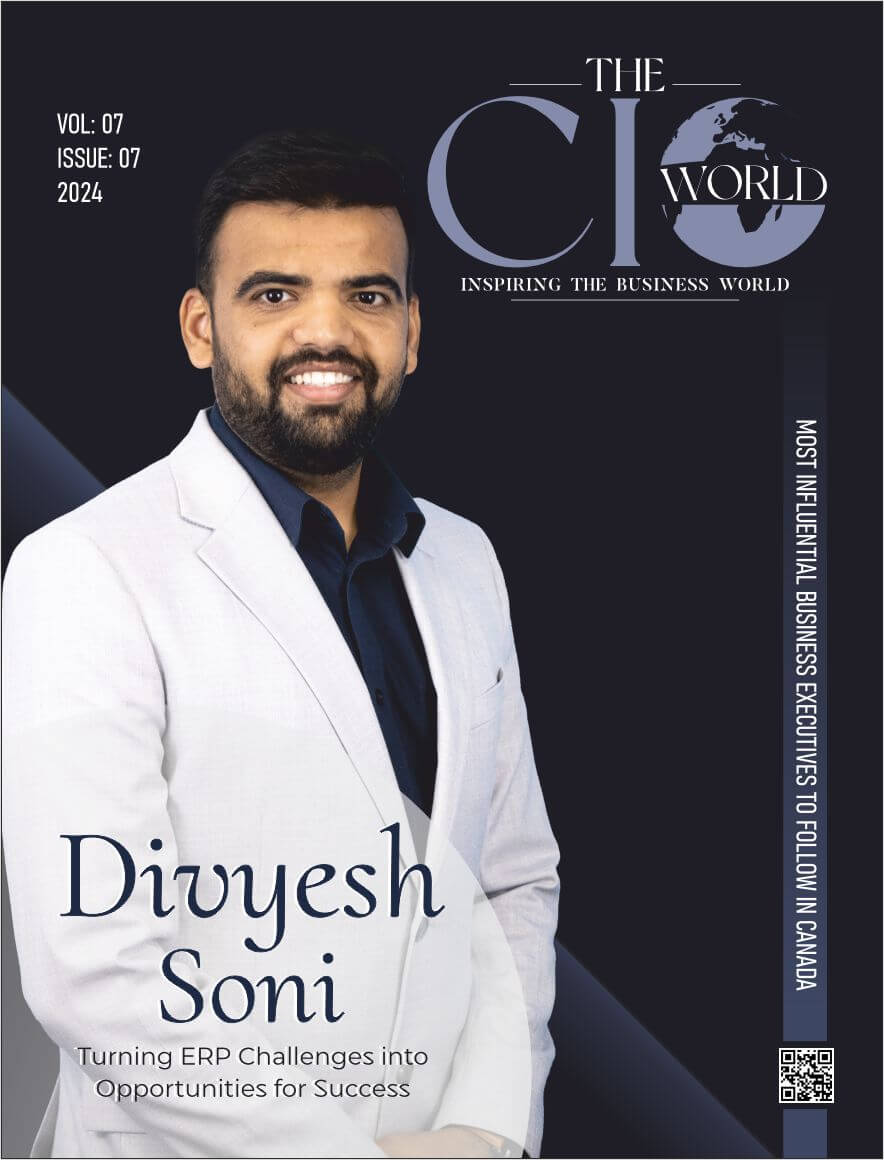Male or female infertility is a reproductive system disease characterized by the inability to conceive after at least a year of regular sexual activity without protection. It can harm psychological and social well-being by causing severe stigma and financial hardship.
WHO’s Advice on Infertility
According to a new WHO report released today, infertility affects many people in their lifetime. Infertility affects roughly 1 in 6 adults worldwide, or 17.5%, highlighting the urgent need to expand access to good quality, affordable fertility treatment for those in need.
Dr. Tedros Adhanom Ghebreyesus, WHO Director-General’s Advice on Infertility: “The report reveals an important truth: There is no discrimination in infertility. The number of people affected demonstrates the necessity to increase access to fertility care and ensure this issue is not overlooked in health policy and research to provide those seeking it with safe, cost-effective, and affordable parenthood methods.
The new gauges show they restricted variety in the pervasiveness of barrenness between locales. The fact that the rates are the same for countries with high, middle, and low incomes suggests that this is a significant health issue worldwide. In high-income nations, lifetime prevalence was 17.8%, while it was 16.5% in low- and middle-income countries.
Currently, most countries pay for fertility treatments, frequently resulting in devastating financial costs. The high price of infertility treatments often prevents people from obtaining them or can propel them into poverty if they do.







